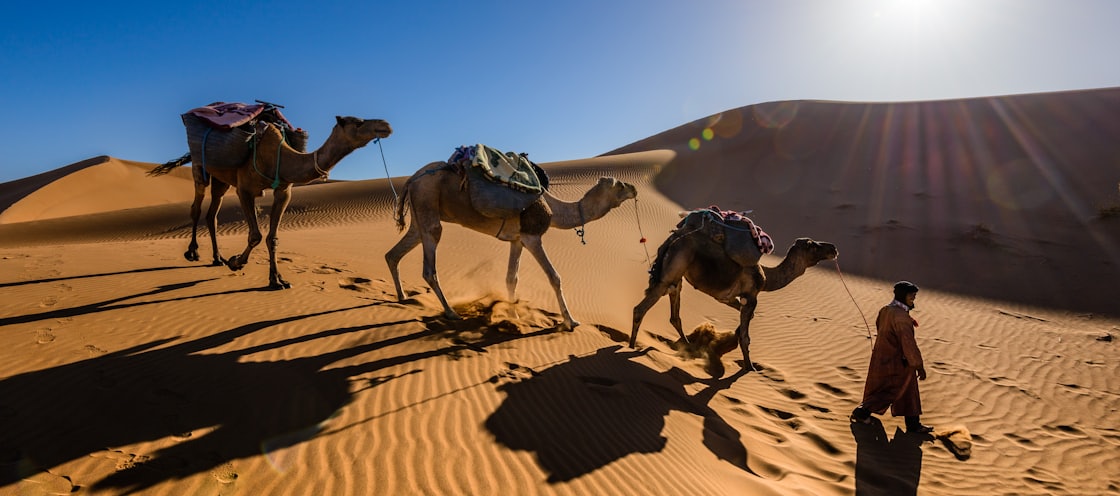Mansa Musa
Musa's father was named Faga Leye and his mother may have been named Kanku. Faga Leye was the son of Abu Bakr, a brother of Sunjata, the first mansa of the Mali Empire. The date of Musa's birth is unknown, but he still appeared to be a young man in 1324.
MAZU THE GAME


Mansa Musa, was the ninth Mansa of the Mali Empire, one of the most powerful Islamic West African states.
Musa's father was named Faga Leye and his mother may have been named Kanku. Faga Leye was the son of Abu Bakr, a brother of Sunjata, the first mansa of the Mali Empire. The date of Musa's birth is unknown, but he still appeared to be a young man in 1324.
Musa ascended to power in the early 1300s under unclear circumstances. According to Musa's own account, his predecessor as mansa of Mali, presumably Muhammad ibn Qu, launched two expeditions to explore the Atlantic Ocean(200 ships for the first exploratory mission and 2,000 ships for the second). The mansa led the second expedition himself, and appointed Musa as his deputy to rule the empire until he returned. When he did not return, Musa was crowned as mansa himself, marking a transfer of the line of succession from the descendants of Sunjata to the descendants of his brother Abu Bakr. Musa had a wife named Inari Konte.
At the time of Musa's ascension to the throne, Mali in large part consisted of the territory of the former Ghana Empire, which Mali had conquered. The Mali Empire consisted of land that is now part of Guinea, Senegal, Mauritania, The Gambia and the modern state of Mali.
Musa went on the hajj to Mecca in 1324, and traveled with an enormous entourage and a vast supply of gold. En route, he spent time in Cairo, where his lavish gift-giving caused a noticeable drop in the price of gold for over a decade and garnered the attention of the wider Muslim world.
Musa expanded the borders of the Mali Empire, in particular incorporating the cities of Gao and Timbuktu into its territory. He sought closer ties with the rest of the Muslim world, particularly the Mamluk Sultanate and Marinid Sultanate. He recruited scholars from the wider Muslim world to travel to Mali, such as the Andalusian poet Abu Ishaq al-Sahili, and helped establish Timbuktu as a center of Islamic learning. His reign is associated with numerous construction projects, including part of Djinguereber Mosque in Timbuktu.
Musa's reign is regarded as the highest point of Mali's power and prestige.
